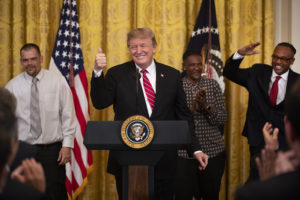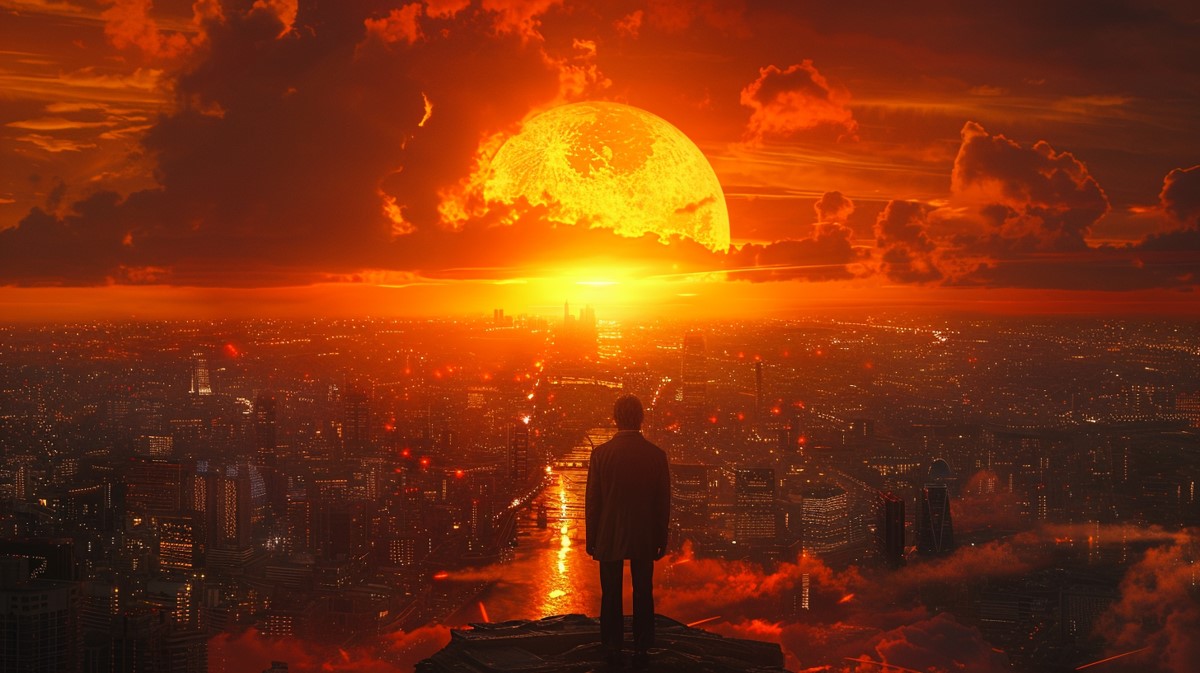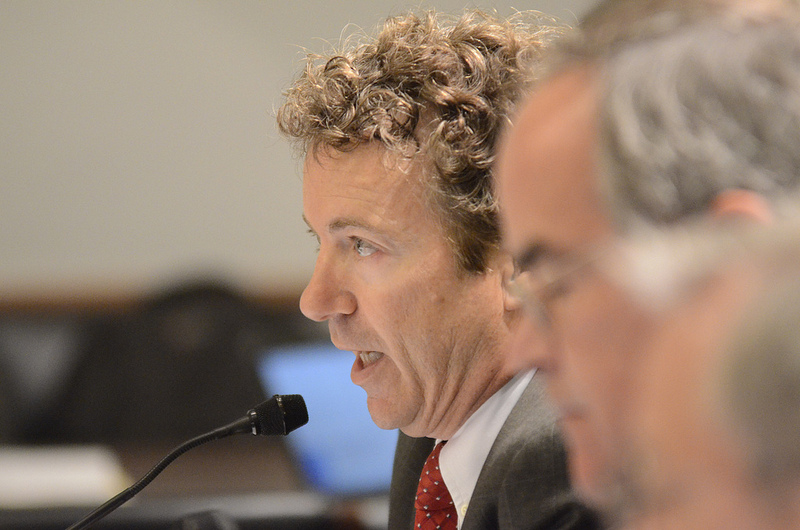
At The American Conservative, Donald Devine gives credit to Tucker Carlson who, as Devine writes, was “ahead of the curve.” Carlson has awoken conservatives to the reality that today’s GOP isn’t their father’s GOP, nor will it be. Times are changing, and sharp eyed observers like Carlson will be necessary guides. Devine, in his piece also writes that whatever his faults, he loves President Trump for forcing this drastic rethink. He writes:
Whatever his faults, I love President Donald Trump. He’s forced conservative and libertarian intellectuals to rethink their long-held assumptions, something mere reasoning could not accomplish.
Take Tucker Carlson, who was ahead of the curve, as he often is:
If you’re a kind of conventional conservative, like I have been for most of my life, you’ve been—I’m 49, so I grew up in the Reagan era and I was trained to believe that the singular threat to our liberty was government. That’s what Reagan said. He was probably right at the time. And it takes a while, if you’ve grown up believing that, to readjust to the new reality, which is now the singular threat to your freedoms, to your freedom of association, certainly to your freedom of speech, to your ability to think, is technology. It’s the big tech companies. It’s Google primarily, but it’s also Facebook and Twitter and the rest. Simple question: who knows more about you, Google or the Social Security Administration? There’s no contest.
A more scholarly nationalist critique of libertarian-conservative assumptions was presented by Modern Age editor Daniel McCarthy:
I consider libertarianism to be every bit as much a suicidal ideology as left-liberalism. In some ways it is even more so, as libertarians are more oblivious than left-liberals to the consequences for themselves of hewing to their ideology. It seems to me that a healthy polity needs a middle class, and a country that is going to remain economically viable for as long as possible needs to have a commanding advantage in high-end manufacturing and producing goods that the rest of the world wants to buy. We still have some of these advantages right now, but we’re forsaking them. Our country went from being underdeveloped at its founding to being a techno-industrial powerhouse in the 19th and 20th centuries while employing a great many economic policies that libertarians don’t like.
McCarthy’s problem today is that “Libertarians take for granted the conditions of the 20th Century and don’t imagine anything could ever really change.” The 80-year-old New Deal is assumed to be the only challenge they’re worried about: “If we just cut taxes and de-regulate hair-braiding, the market will take care of the rest.” Rather, the market actually depends upon a civilization, a way of life, one that can survive even bankruptcy “but it can’t survive the global transformation that’s coming if we do nothing.” He argues that “the timeline for political crisis is shorter than the timeline for economic crisis.” Amid that crisis, “there will be a hard left or hard right political turn,” where the “urban administrative overclass will continue to grow in power and wealth, the urban and suburban lower class will become increasingly servile (or else restive), and the old middle class and heartland will be economically sidelined and in many places depopulated.”
Read more here.



